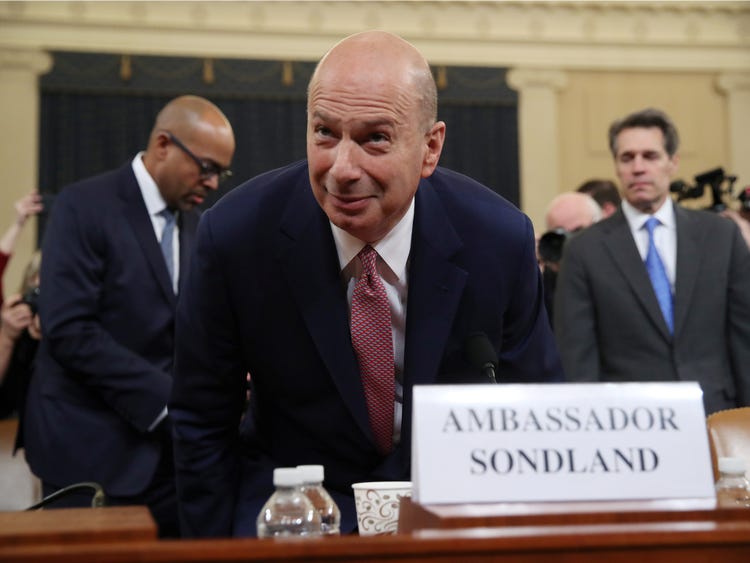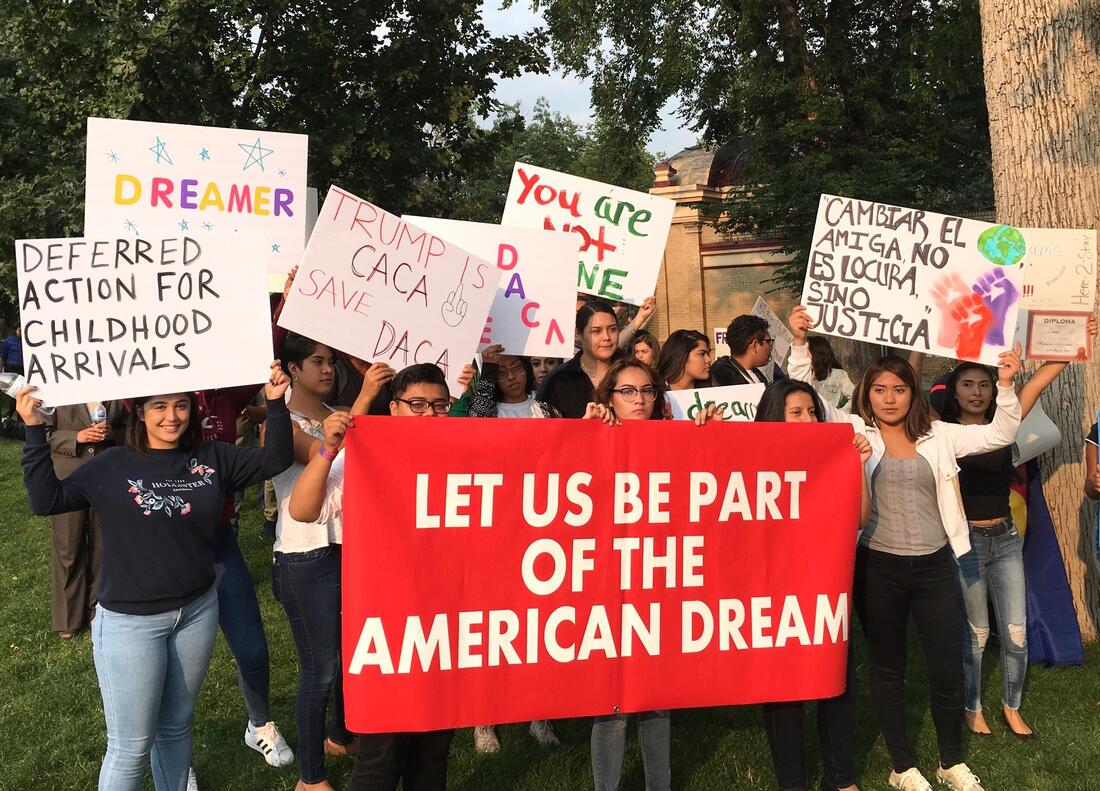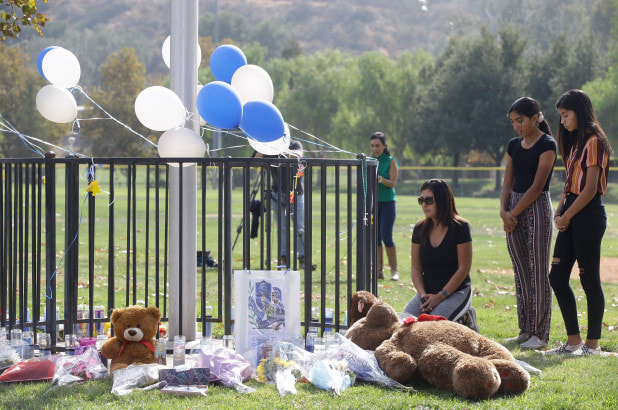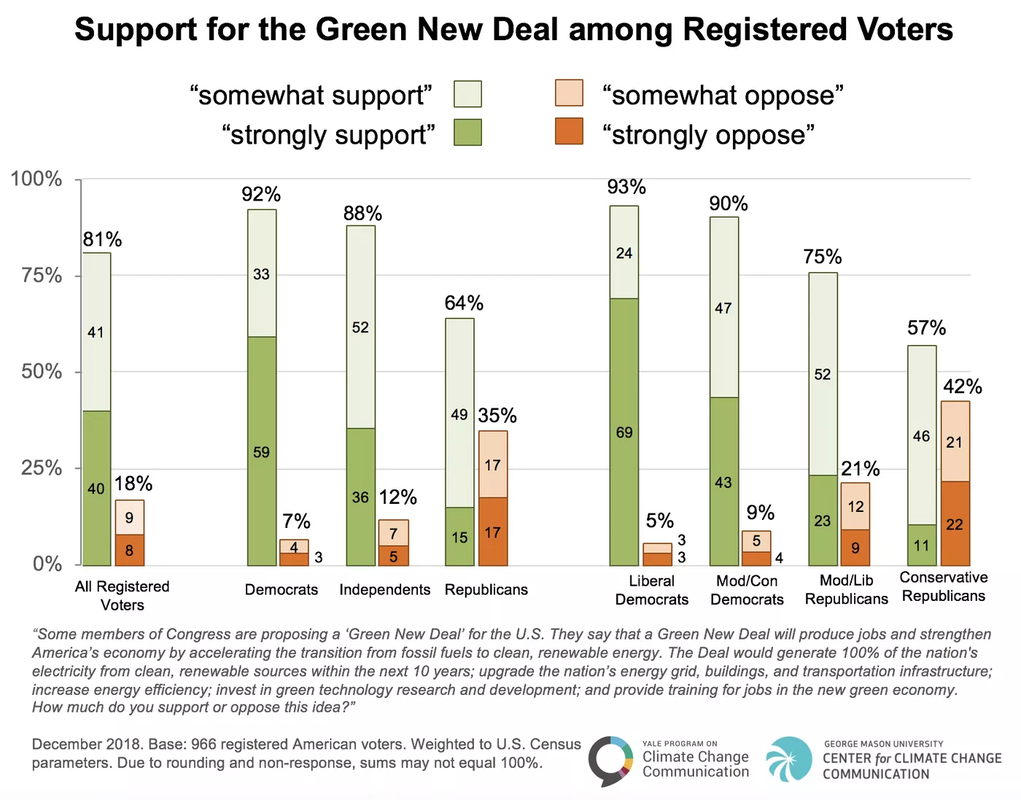LISTSOur biweekly lists lay out notable issues in the news and tell you what you can do about them.
|
SUBSCRIBE TO EMAIL UPDATES:
|
|
Hey Teen Resisters! We hope that everyone had a wonderful Thanksgiving and got the chance to rest, eat, and spend ample time with friends and family--there is so much around us to be grateful for. As always, it's been quite a two weeks. This list covers the latest in the impeachment inquiry, a DACA update, recent school shootings, and 2020 Democratic presidential candidates' positions on climate change (the last being part of a new initiative we're starting to inform TR readers on where the candidates stand on important issues!!). Happy reading and activisting :)) peace & power, TR what went down
*What is a quid pro quo? It’s when a favor or advantage is granted or expected in return for something. Here’s something interesting to think about—a lot of Americans don’t know the definition of quid pro quo (which makes sense, given that it’s a fairly antiquated Latin phrase), and it doesn’t have an inherently negative connotation without context. Experts have urged major liberal media outlets to use clearer language when discussing Trump’s crimes, like “bribery” or “extortion,” to communicate more directly the fact that Trump has committed a serious crime and to help people understand what that crime is. What can you do?
A ruling on the case is expected anytime from January to June, 2020. The Supreme Court could rule in a number of ways, each of which would hold different consequences for DREAMers (DACA recipients). If you want to learn more about the legal arguments and possible outcomes, the National Immigrant Law Society has a good explainer. What can you do?
Police have recently foiled some potentially devastating shootings as well. On November 22, the Los Angeles Police Department arrested a 13-year-old who had seized a high capacity magazine rifle and threatened to shoot his middle school with it. The police later found a map and list of teacher and student names. Out of all of the issues that our country is facing, gun violence is one of the problems that affects our generation the most directly and the most dangerously. In the past 46 weeks, there have been 45 school shootings. As the number of shootings gets higher and higher, it’s becomes alarmingly easy to forget that behind every single one of those shootings are faces with stories to tell. It’s all of our jobs to make sure the stories of school shooting victims are heard and remembered. We will never be able to tell their stories or understand their agony, but we will do our very best to pay respect to unspeakable tragedies ad continue to pressure action. On December 2nd, the Supreme Court is going to hear its first major Second Amendment case in nearly a decade. A decision on the hearing is expected to come in July of 2020. In the meantime, we can do our share as well: What can you do?
NEW: 2020 Featured Issue—Climate Change It's vital to us that TR readers have as much information as they need to make a decision about which 2020 presidential candidate they want to support. To that end, we've decided to do a featured issue every list from now until the primaries -- we've explained the basics of where each candidate stands on climate change and what they are planning to do to fix it below. We hope that it will be non-overwhelming and helpful in your process of figuring out who you're backing!!
What can you do?
0 Comments
Leave a Reply. |
UPdatesThese lists include featured organizations, scripts, numbers, news updates and inspirational activists. Archives
January 2022
Categories |
About |
Content |
|




 RSS Feed
RSS Feed
